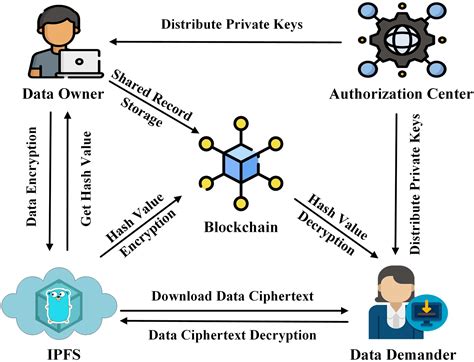Ethereum: Protection against Service (DOS) Denial attacks **
In the world that is constantly evolving in the evolution of cryptocurrency and blockchain technology, one of the most urgent concerns is the denial of service (DOS) denial attacks (DOS). The purpose of this harmful activity is to interrupt or make the network unusable time with excessive traffic or data. In this article, we will deepen the protection that Ethereum provides against the DOS attacks and exploring whether you can divide the knot through this tactic.
What denies service services (DOS)?
Denying attack services (DOS) is an attempt to make a computer or network resource that is not available by crushing it with traffic, data or requests. This can be done with intention or shamelessly, and the goal is usually to stop the services, steal sensitive information, or squeeze money.
What protection Bitcoin is against DOS attacks?
Bitcoin decentralized nature provides several protection layers against Dos attacks:
1
IP Addresses: Each Bitcoin node has an unequivocal IP address that makes it difficult for the attacker to flood the specific nodes with traffic.
The indicator This makes it difficult to influence more knots at the same time.
3 If the knot is shocked, others can adjust the transactions and win again, preventing complete collapse.
Can you break the knot by flooding it with data?
Yes, it is theoretically possible to cause problems with the Bitcoin node using excessive transmission. However, it would require a huge traffic traffic that could potentially take over the network infrastructure.
Assuming that a harmful actor should flood the knot with a huge amount of data, for example:
- Reaches 1 exact (10^19 bytes) per second
- Covering each IP address on the Internet
However, this is unlikely to cause significant breaks. The Bitcoin network is designed to manage these cargo without collapse.
** What happens when someone starts flowing into the network with legitimate but meaningless data?
Flood attacks are a type of attack on the attacker in which the attacker injects false or insignificant traffic on the network. This could happen for a variety of reasons:
* Spambot : Harmful scripts that flood the network with spam data to spread malicious software or steal sensitive information.
* Viral Infections

: Self -confident programs that infect nodes, causing a significant increase in traffic.
Dos Reducing attacks
To protect from Dos attacks on Bitcoin Ethereum:
- Regularly use strong antivirus software : Regular scanning systems for viruses and malicious software.
- Insert the firewall and intruder detection systems : Configure the network to block the arrival traffic.
3
Update Node Software
: Save operating systems, wallets and other assemblies in your nodes to update any security vulnerabilities.
In conclusion, although Bitcoin’s decentralized nature provides certain protection against DOS attacks, it is not flawless. The threat panorama continues to develop and it is important to remain aware of the latest safety measures and best practices to protect digital resources.
